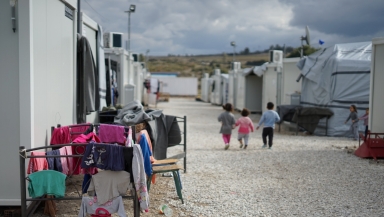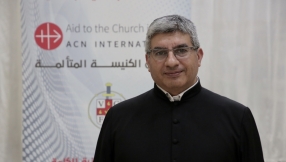
The United States Commission on International Religious Freedom (USCIRF) has issued a report claiming that the nations of the world are both morally and legally required to protect refugees that are fleeing religious persecution. The report also looks at the current state of play in a number of countries.
Citing the 1951 Refugee Convention and an attached 1967 Protocol, the USCIRF report said that signatory governments are legally required to protect the safety and human rights of refugees. However, it was also noted that at least 40 territories have not signed up to one or both of the Convention or Protocol.
USCIRF argued that even non-signatories are required to bare some level of responsibility for refugees within their borders, either due to domestic law or other international treaties they may have signed.
The report examined the treatment of allegedly religious refugees in a number of countries.
In November 2024, Thailand had an estimated 86,000 refugees within its borders, mostly Muslim Uyghurs who fled from China and were attempting to reach Turkey. Many had been present in the country for a decade.
Some 300 of the refugees were arrested, with 173 mostly women and children being sent on to Turkey, 109 mostly men sent back to China, and the remaining 53 placed in detention in inhumane conditions that may have contributed to the deaths of five people, two of them children.
In another case, the Pakistani government announced the mass deportation of Afghan refugees on the grounds that they were increasingly involved in terrorism.
According to USCIRF some of those deported were Christians and Sikhs, as well as Muslims, who were at risk of religious persecution in Afghanistan.
Of the general state of the world, USCIRF said, “With the number of refugees increasing, these populations are likely to become even more vulnerable.
"Refugees are forced to flee their homes only to encounter extreme challenges in their new communities, such as discrimination, lack of services, poor living conditions, and untreated trauma.
“Addressing the basic needs of refugee populations can reduce grievances and mitigate the risk of radicalization, which in turn promotes national, regional, and global security,” the report concluded.













